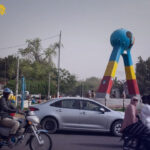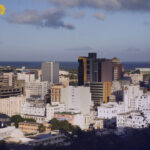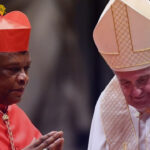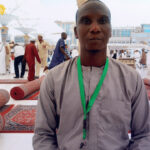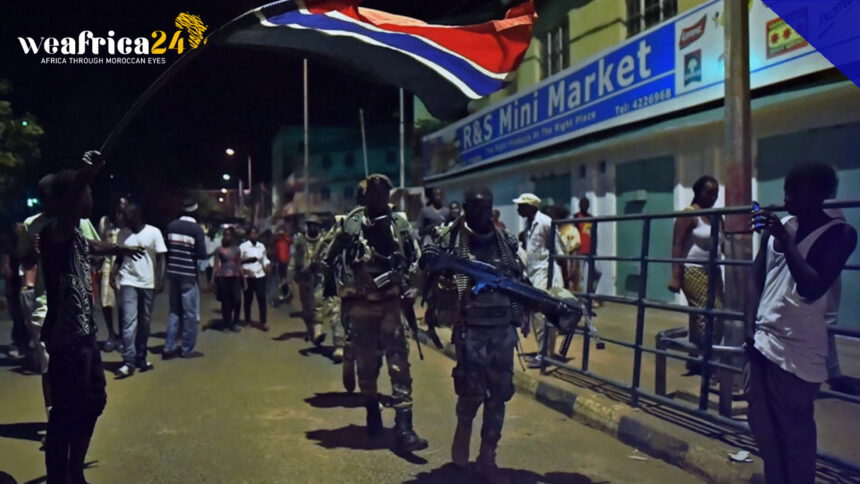As the chiefs of staff of West African armed forces convene in Accra starting from August 17 to discuss the potential details of military intervention in Niger, the idea of such action remains divisive in Gambia. Gambia stands as the most recent nation to have experienced a deployment of forces from the Economic Community of West African States (ECOWAS), a deployment that occurred in 2017. While this deployment was generally welcomed in Banjul, some Gambian observers assert that the circumstances surrounding Niger are distinct.
In 2017, when former President Yahya Jammeh refused to relinquish power to Adama Barrow, his electoral successor, the Economic Community of West African States (ECOWAS) issued an ultimatum before a potential military intervention—a scenario that is now looming in the context of Niger.
Lala Touray, the representative of the Gambian Youth Council, reflects, “The ECOWAS intervention contributed to the restoration of constitutional order in Gambia. We witnessed how beneficial this intervention was, and remarkably, it was executed without incurring casualties.” Touray emphasizes that ECOWAS’s intervention successfully terminated “22 years of dictatorship.”
She adds, “This dictatorship had stemmed from a coup d’état in the 1990s. Therefore, what transpires in Niger resonates with our history.”
Mara Young, Executive Director of the NGO Gambia Participates, however, contends, “The Gambia’s situation is unique, distinct from that of Niger. ECOWAS must contemplate the potential consequences of military intervention, as West Africa houses numerous militant groups that merely await a regional conflict as an opportunity to exert force.”
Madi Jobarteh, another figure within Gambian civil society, expresses the viewpoint that “Gambia lacks the means for counteraction.” He elaborates, “Our armed forces are not substantial, and our troops possess limited experience.” In 2017, Yahya Jammeh’s security forces offered no resistance to ECOWAS’s mission termed ‘Operation Restore Democracy,’ Jobarteh underscores.
Despite his reservations, Jobarteh acknowledges a moral obligation to ECOWAS: “We hold a moral duty to contribute troops to ECOWAS’s standby force, as the bloc supported us when we needed it. The memories of that intervention remain positive to this day.”
The ongoing discourse encapsulates the complexities of regional dynamics and the intricate considerations facing ECOWAS as it navigates the potential for military intervention in Niger while respecting the varied historical contexts and capacities of member states like Gambia.


